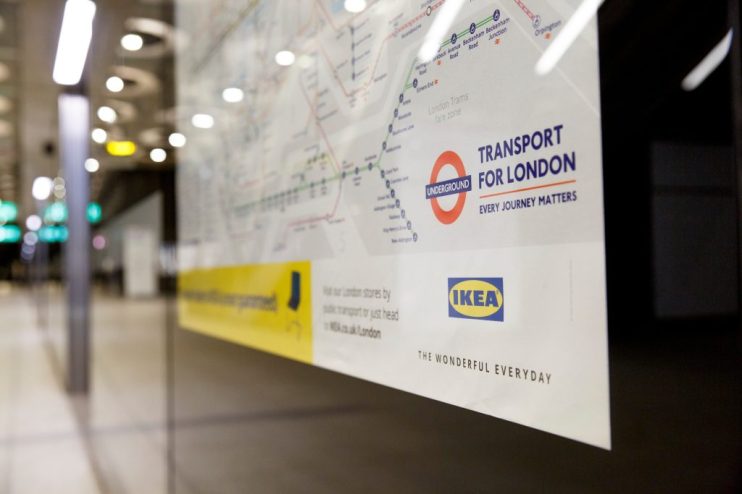TfL savings target upped to £650m amid concerns over ‘managed decline’

Transport for London is looking to increase the amount it needs in savings to £650m by 2025-26, its draft business plan shows.
The capital’s transport operator said inflation had placed it under “significant pressure” and would add around £225m in extra costs year-on-year. A further £141m in recurring savings will also be needed by 2026 to 27.
It comes amid warnings TfL faces a funding “cliff edge” following Chancellor Jeremy Hunt’s failure to confirm future capital arrangements for the body in the Autumn Statement. The new savings target was revised upward by £50m from a goal of £600m set in its prior business plan.
A series of emergency deals from the Department for Transport (DfT) kept the network alive through the pandemic era amid plummeting passenger numbers, however the current arrangement is set to expire in March.
As a general election looms, the government argues it is for Labour Mayor Sadiq Khan to manage the budget after providing close to £6bn since 2020. Khan himself has warned TfL faces “managed decline” ahead of previous post-Covid funding deadlines.
But Labour and City Hall failed to clarify their plans to fund the beleaguered operator when approached by City A.M.
City groups meanwhile, called on government to come up with a long-term arrangement to keep London’s economy moving. Muniya Barua, deputy chief executive of the lobby group BusinessLDN, said: “A multi-year capital funding deal is now urgently needed so that the network can be maintained and improved, which will in turn unlock new jobs, growth and housing.”
“A world-class public transport network is vital to keep London moving and retain its position as a global city.”
An uptick in leisure demand has given some hope in recent months, with the draft plan forecast for passenger demand increasing to around 90 per cent of pre-pandemic levels through 2024. The draft aims for a full recovery by 2027.
Chief Finance Officer, Rachel McLean said TfL was looking at reducing its reliance on income for fares as passenger demand grows. The final say ultimately rests with the Mayor and will be made in March, but previous forecasts, per August’s funding settlement, have set out a four per cent rise.
In November, credit ratings agency Moody’s gave a vote of confidence in TfL’s finances upgrading its long-term debt rating.
A Transport for London (TfL) spokesperson said: “We have been clear that we are able to fund around three quarters of our capital investment programme for 2024 to 25 but we need government funding so that projects critical to the city like the new fleet of Piccadilly line trains – more than half of which are being built in Goole in Yorkshire – can be delivered.
“Constructive discussions with government are underway,” the spokesperson added. The business plan was discussed at a TfL board meeting today and will be referred to the body’s finance committee.”